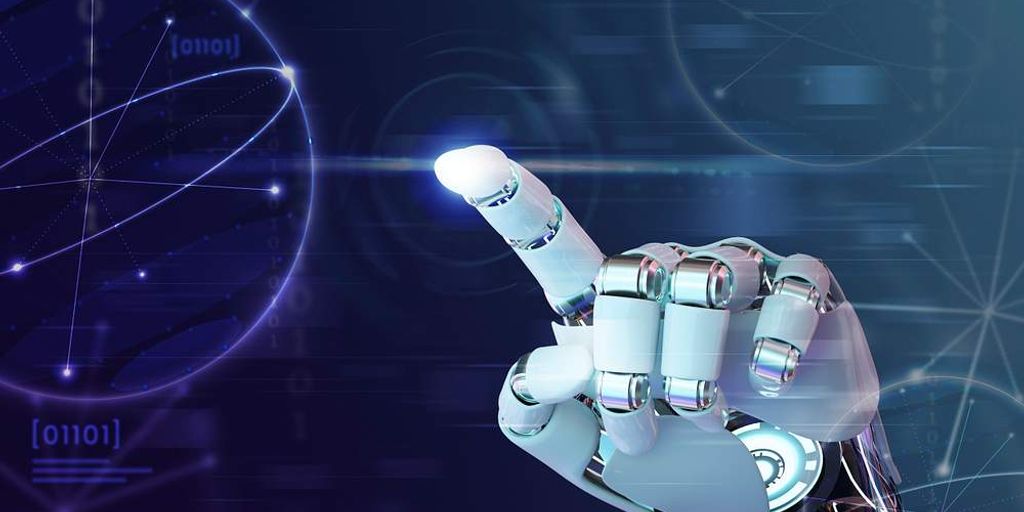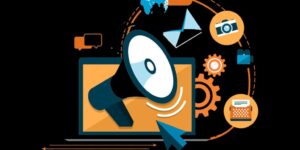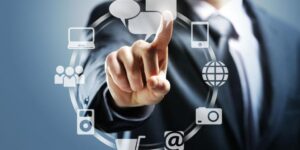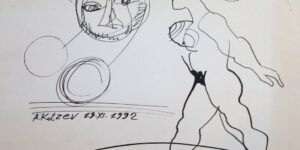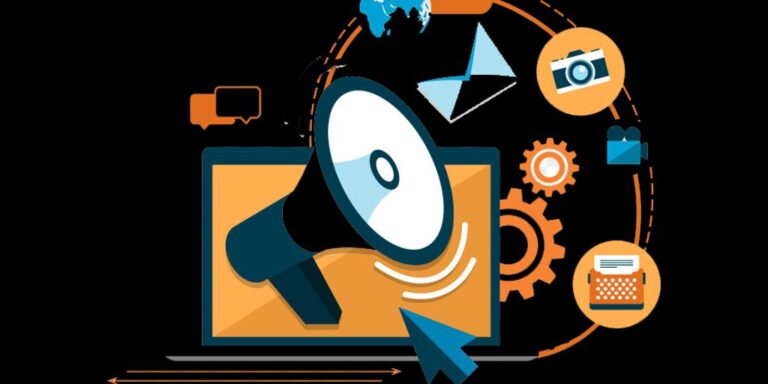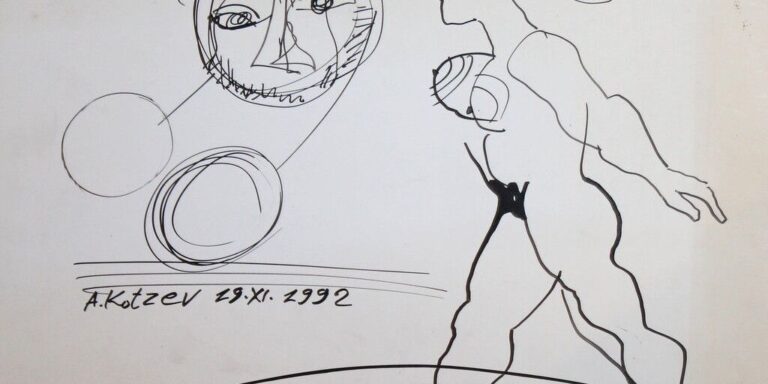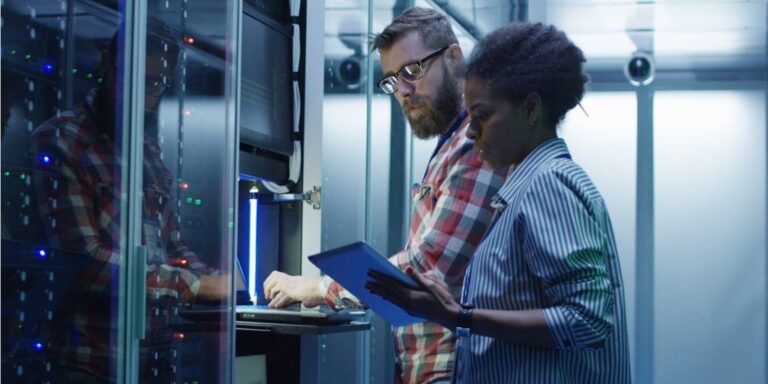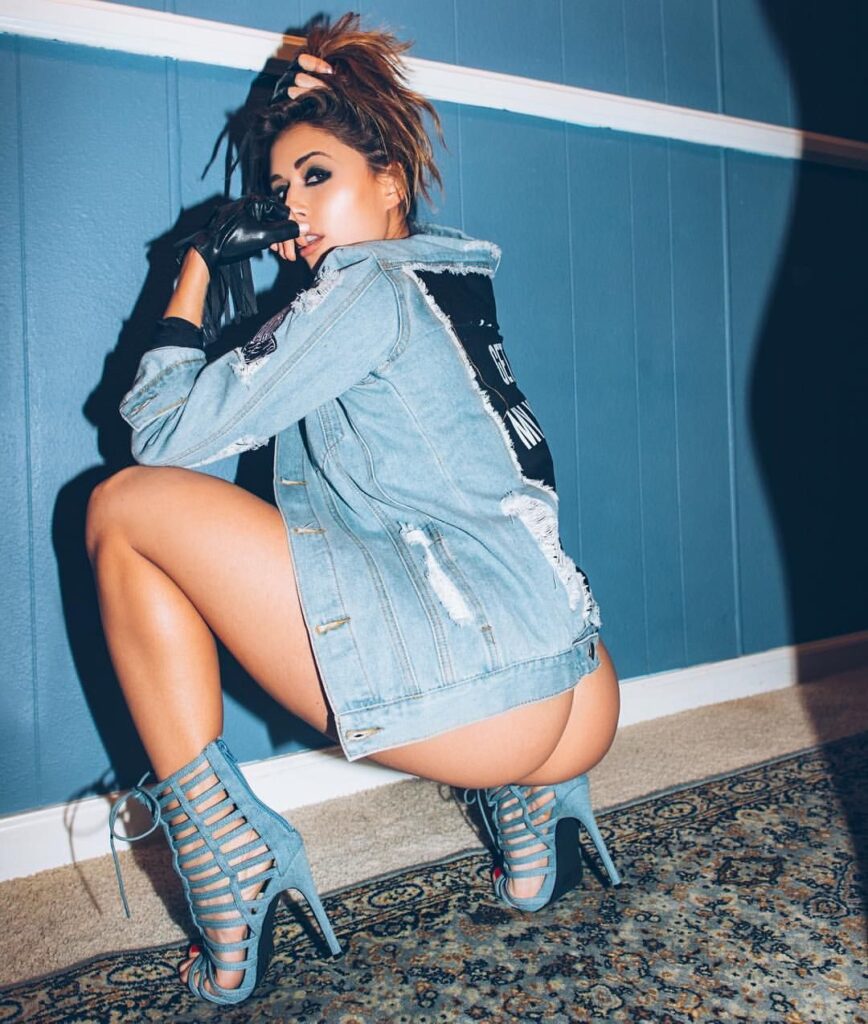The advent of AI nude photo generators marks a significant shift in the realm of digital imagery, blending the boundaries between technology and human creativity. These tools not only offer unprecedented capabilities in image creation but also raise important questions about ethics, privacy, and the future of artistic expression. This article explores how these generators are reshaping the landscape of digital art, highlighting both their potential and the challenges they bring.
Key Takeaways
- AI nude generator is revolutionizing the way we think about and create digital art, providing tools to generate highly realistic images.
- These generators impact traditional photography by shifting the focus from capturing images to creating them, potentially redefining professional roles.
- Ethical concerns such as privacy, consent, and the misuse of generated images are critical issues that need addressing as the technology advances.
- The technology opens up new avenues for artists and creatives, offering tools for unparalleled customization and creativity.
- Legal and regulatory frameworks will need to evolve to address the unique challenges posed by AI-generated imagery, ensuring responsible use and innovation.
The Evolution of AI Nude Photo Generators

From Concept to Reality
The journey from a mere concept to a fully functional AI nude photo generator has been nothing short of revolutionary. Initially conceptualized as a tool to enhance artistic creativity, these generators have evolved to become highly sophisticated systems capable of producing detailed and realistic images. The transformation of these tools from experimental projects to mainstream applications underscores their growing importance in the digital imagery landscape.
Impact on Traditional Photography
Traditional photography has been significantly impacted by the advent of AI nude photo generators. These tools offer a new dimension of creativity, allowing for the creation of images that were previously impossible to capture with a camera alone. The ability to manipulate and generate human-like images has not only expanded the artistic toolbox but also posed challenges to conventional photography techniques.
Future Prospects
The future of AI nude photo generators looks promising, with continuous advancements in technology paving the way for even more realistic and customizable outputs. As AI technology progresses, these tools are expected to become more integrated into various sectors, not just in art but also in areas like advertising, fashion, and even education. The potential for these generators to further blur the lines between reality and digital creation is immense, making them a crucial area of development in the field of digital imagery.
Technological Foundations of AI Nude Photo Generators

Core Algorithms and Models
AI nude photo generators leverage a combination of deep learning neural networks and natural language processing models. These technologies enable the generators to understand and interpret user inputs, translating them into visually accurate representations. The core algorithms are designed to ensure that the generated images are as realistic as possible, maintaining a high level of detail and accuracy.
Advancements in Machine Learning
The field of machine learning has seen significant advancements that have directly impacted the capabilities of AI nude photo generators. Techniques such as generative adversarial networks (GANs) and reinforcement learning have been pivotal in improving the quality and realism of generated images. These advancements allow for a more nuanced understanding of human anatomy and aesthetics, leading to better and more convincing imagery.
Integration with Existing Tech
Integrating AI nude photo generators with existing technological ecosystems has been a key development. This integration allows users to seamlessly incorporate generated images into various applications, from digital art platforms to more complex systems like virtual reality. The ability to merge these generators with other tech not only enhances user experience but also expands the potential uses of AI-generated imagery in different fields.
Creative Freedom Unleashed

Endless Possibilities in Digital Art
The advent of AI nude photo generators has opened a new realm where artists are no longer bound by the constraints of traditional photography. They’re freed from the shackles of endless scrolling, from the frustration of almost-right references. Now, they can bring their unique visions to life precisely as they see them. It’s a liberation of creativity, an unleashing of imagination.
Personalization and Customization
Artists and photographers can now dive straight into creating, experimenting, and bringing their ideas to fruition. They can play with concepts, tweak and twist them in impossible ways when they are limited to existing images. The time once spent rummaging through the internet’s endless pile of images can now be used to refine, perfect, and make art that’s truly, deeply personal.
Breaking the Boundaries of Imagination
Also, it’s about breaking free from limitations like time, budget, or even physics. The future looks like a playground where photographers and artists can let their imaginations run wild without getting bogged down by the nitty-gritty of execution. This change is significant. It’s not just about saving time, though that’s a massive bonus. It’s about the transformation of the creative process itself.
Ethical Considerations and Controversies

Privacy Concerns
Privacy is a paramount concern with AI nude photo generators. The ability to create realistic images without explicit consent raises significant ethical questions. The controversy surrounding tools like Deep Nude underscores the ethical dilemmas that emerge when technology pushes the boundaries of privacy and consent.
Content Regulation
Regulating the content produced by AI nude generator is crucial to prevent misuse. There should be clear guidelines on what is permissible to ensure that these tools are not used to harm or deceive. Regulations need to be robust to keep pace with the rapid advancement of AI technologies.
Moral Responsibilities
Creators and users of AI nude photo generators bear a significant moral responsibility. It is essential to consider the impact of their creations on society. Ethical art creation involves ensuring that AI-generated images are used in ways that do not compromise human dignity or promote harmful stereotypes.
User Experience with AI Nude Photo Generators

Ease of Use
AI nude photo generators, like Nudify Online, are designed for simplicity and ease of use. Users can quickly upload images, generate results, and download their AI-modified images, making the process straightforward and user-friendly. This accessibility ensures that even those with minimal technical skills can utilize these tools effectively.
Learning Curve
While the basic functions of AI nude photo generators are easy to grasp, mastering the more advanced features requires time and practice. Those who invest time in understanding the underlying technology often produce superior results. The learning curve varies significantly among users, but dedicated practice can lead to mastery.
User Feedback and Improvements
Users generally report satisfaction with the quality of images produced by AI nude photo generators. However, some feedback highlights areas for improvement, such as the need for more diverse and inclusive outputs. Continuous updates and user input are crucial for refining these tools to better meet the needs of a broad user base.
Impact on Professional Artists and Photographers

Competition or Collaboration?
In the evolving landscape of digital imagery, AI nude photo generators present both a challenge and an opportunity for professional artists and photographers. The integration of AI tools can be seen as a collaborative force rather than just competition, enhancing creativity and opening new avenues for artistic expression.
New Opportunities
The advent of AI technology in the field of photography and art has unlocked numerous new opportunities. Artists are now able to explore realms previously unimaginable, thanks to the capabilities of AI to generate complex and detailed images. This technology not only speeds up the creative process but also allows for the creation of unique, personalized artworks.
Adapting to Technological Change
The digital revolution demands adaptability from professionals in all fields, and the art sector is no exception. Artists and photographers must embrace new technologies to stay relevant and competitive. Learning to integrate AI tools into their work can lead to significant advancements in both the quality and scope of their artistic projects.
Commercial Applications and Opportunities

Advertising and Marketing
AI nude photo generators are revolutionizing the advertising and marketing sectors by providing unique content that is both cost-effective and highly customizable. Businesses can now tailor their visual content to specific demographics, enhancing engagement and conversion rates.
Fashion and Design
In the fashion and design industry, AI technology enables designers to visualize clothing on various body types without the need for physical models. This not only speeds up the design process but also promotes inclusivity and diversity in fashion presentations.
Educational and Research Uses
AI nude photo generators are also finding their place in educational and research settings, where they can be used to create detailed anatomical images for medical training and research. This technology provides a safe and controlled environment for students and researchers to study human anatomy without ethical concerns.
AI advances impact content personalization and immersive experiences, making them invaluable tools across various commercial sectors.
Legal Landscape Surrounding AI Nude Photo Generators

Copyright Issues
Copyright laws are crucial in the realm of AI-generated imagery, especially when these creations use elements that might infringe on existing intellectual property. It’s essential for creators to secure proper licenses to avoid severe legal consequences. This aspect of law becomes even more complex as AI technologies advance, intertwining deeply with copyright norms and regulations.
Usage Rights
Usage rights for AI-generated nude photos are a contentious issue. Different jurisdictions have varying rules about the distribution and use of such images. Creators and users must navigate a complex web of legal stipulations to ensure compliance, which often involves understanding both local and international laws.
International Regulations
The global nature of the internet complicates the enforcement of laws concerning AI-generated nude imagery. Countries differ significantly in their regulatory approaches, making it a challenge for creators to ensure global compliance. A table of comparison between top countries and their respective regulations could provide clarity:
| Country | Regulation | Compliance Level |
|---|---|---|
| USA | Strict | High |
| UK | Moderate | Medium |
| China | Lenient | Low |
This table highlights the need for a unified approach to manage the legal challenges posed by AI nude photo generators across different regions.
Future of AI in Art and Creativity

Blending Art with Technology
The integration of AI with traditional art forms is not just about automation but about expanding creative boundaries. Tools like Nude exemplify how AI can serve as a co-creator, enabling artists to explore new artistic expressions that were previously unimaginable. The synergy between human creativity and machine precision is crafting a new era in art.
New Forms of Expression
AI is not only a tool but also a medium, offering artists new ways to express themselves. The digital canvas is now limitless, with AI algorithms capable of generating intricate and unique artworks based on minimal input. This shift is leading to a democratization of art creation, making it accessible to a broader audience and potentially changing the art market dynamics.
Predictions and Trends
- Increased accessibility: More individuals can engage with art creation, regardless of skill level.
- Technological partnerships: Collaborations between tech companies and art communities will likely grow.
- Ethical debates: As AI art becomes more prevalent, discussions about authorship and originality will intensify.
The future of AI in art is not just about new tools but about new ways of thinking and creating. It challenges traditional notions and invites us to reimagine the role of the artist and the creative process.
Real-world Examples and Case Studies

Successful Implementations
AI nude photo generators have been successfully implemented in various sectors, demonstrating their versatility and potential. For instance, in the fashion industry, these tools have been used to create unique and personalized advertising content, enhancing consumer engagement.
Challenges Overcome
The journey of integrating AI nude photo generators into mainstream applications wasn’t without hurdles. Developers had to address significant ethical concerns and navigate complex legal landscapes to ensure compliance and maintain public trust.
Lessons Learned
The deployment of AI nude photo generators has provided valuable insights into the balance between innovation and responsibility. It’s crucial to continuously monitor and update regulatory frameworks to keep pace with technological advancements, ensuring that these tools are used ethically and responsibly.
The Role of AI in Redefining Artistic Expression

New Definitions of Art
AI technologies are redefining the boundaries of creative expression and altering the way art is conceived, created, and consumed. This transformation has sparked a debate on what constitutes art, challenging traditional definitions and embracing a broader, more inclusive perspective.
Impact on Artistic Communities
The integration of AI into the art world has had profound effects on artistic communities. Artists are now exploring new mediums and techniques, which has led to both opportunities and challenges within these communities. The dynamic between traditional and AI-driven art continues to evolve, fostering a landscape of both collaboration and contention.
Expanding the Audience for Art
AI’s ability to democratize art creation has significantly expanded the audience for art. By lowering barriers to entry, more people can engage with art, not just as spectators but as creators. This expansion is not only changing who creates art but also who consumes it, potentially leading to a more diverse and engaged cultural landscape.
Keeping it Real with AI in Art

Balancing Technology and Human Touch
In the realm of AI-driven art, maintaining a balance between technology and the human element is crucial. The real art emerges not just from the capabilities of AI but from the human creativity that guides it. This balance ensures that the art remains relatable and emotionally resonant.
Ethical Art Creation
The use of AI in art creation brings with it a host of ethical considerations. Artists and developers must navigate issues such as privacy and consent, ensuring that their work respects the rights and dignity of individuals.
Maintaining Artistic Integrity
As AI tools become more prevalent in the art world, maintaining artistic integrity is paramount. Artists must strive to ensure that their use of AI supports their artistic vision rather than replaces it, keeping the essence of true artistic expression alive.
Conclusion: AI’s Impact on the Future of Photography
In conclusion, AI nude photo generators are not merely technological novelties but are revolutionizing the landscape of digital imagery and art. These tools empower creators with the ability to conjure up images limited only by their imagination, heralding a new era of creativity and artistic freedom. As we embrace this transformative technology, it is crucial to navigate its capabilities responsibly, ensuring that the art of photography continues to evolve without compromising ethical standards. The future of photography, intertwined with AI, promises a dynamic and exciting trajectory, filled with endless possibilities.
Frequently Asked Questions
What are AI nude photo generators?
AI nude photo generators are advanced tools that use artificial intelligence to create realistic and customizable images of human figures without clothing, based on user inputs and preferences.
How do AI nude photo generators impact traditional photography?
These generators provide a new form of digital art, offering endless possibilities for creativity without the need for human models, thus transforming traditional photography and expanding the scope of digital imagery.
Are AI-generated nude images ethical to use?
The use of AI-generated nude images raises significant ethical questions, particularly concerning consent, privacy, and the potential for misuse. It’s crucial to use these tools responsibly and consider the moral implications.
Can AI nude photo generators create any image?
While AI nude photo generators are powerful, they are limited by the data they have been trained on and the specificity of user inputs. They can create a wide range of images but must adhere to ethical guidelines and user specifications.
What are the legal considerations for using AI-generated nude images?
Users must consider copyright laws, usage rights, and international regulations when using AI-generated nude images. It’s important to ensure that all images are used legally and ethically.
How do these generators affect the job market for artists and photographers?
AI generators offer both competition and collaboration opportunities for artists and photographers. They can enhance creativity but also challenge traditional roles, requiring professionals to adapt to new technologies.
What are the future prospects of AI in art and photography?
AI is expected to continue blending with art and photography, pushing the boundaries of creativity and introducing new forms of expression. The technology is predicted to expand artistic possibilities and redefine artistic expression.
How do users typically find the experience of using AI nude photo generators?
Users often find AI nude photo generators fascinating and powerful, though there can be a learning curve. Feedback generally focuses on the ease of use, the realism of the images, and the potential for personalization and improvement.

